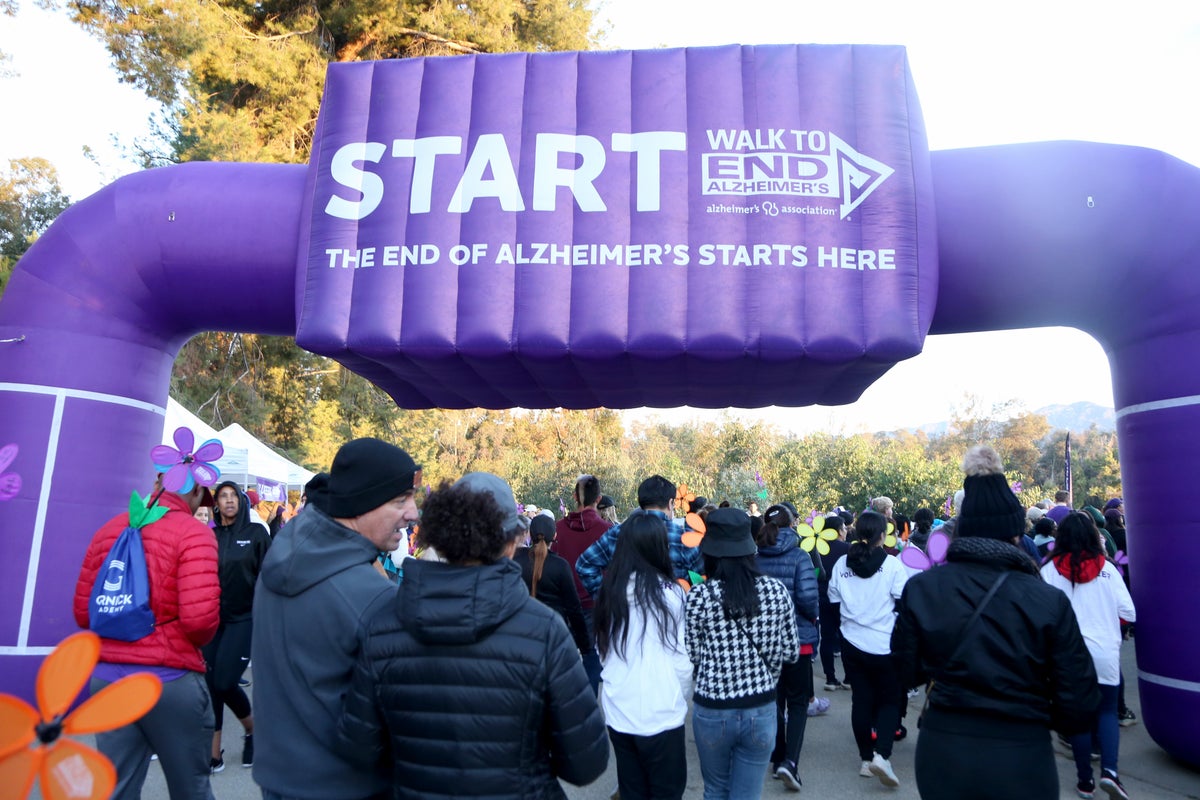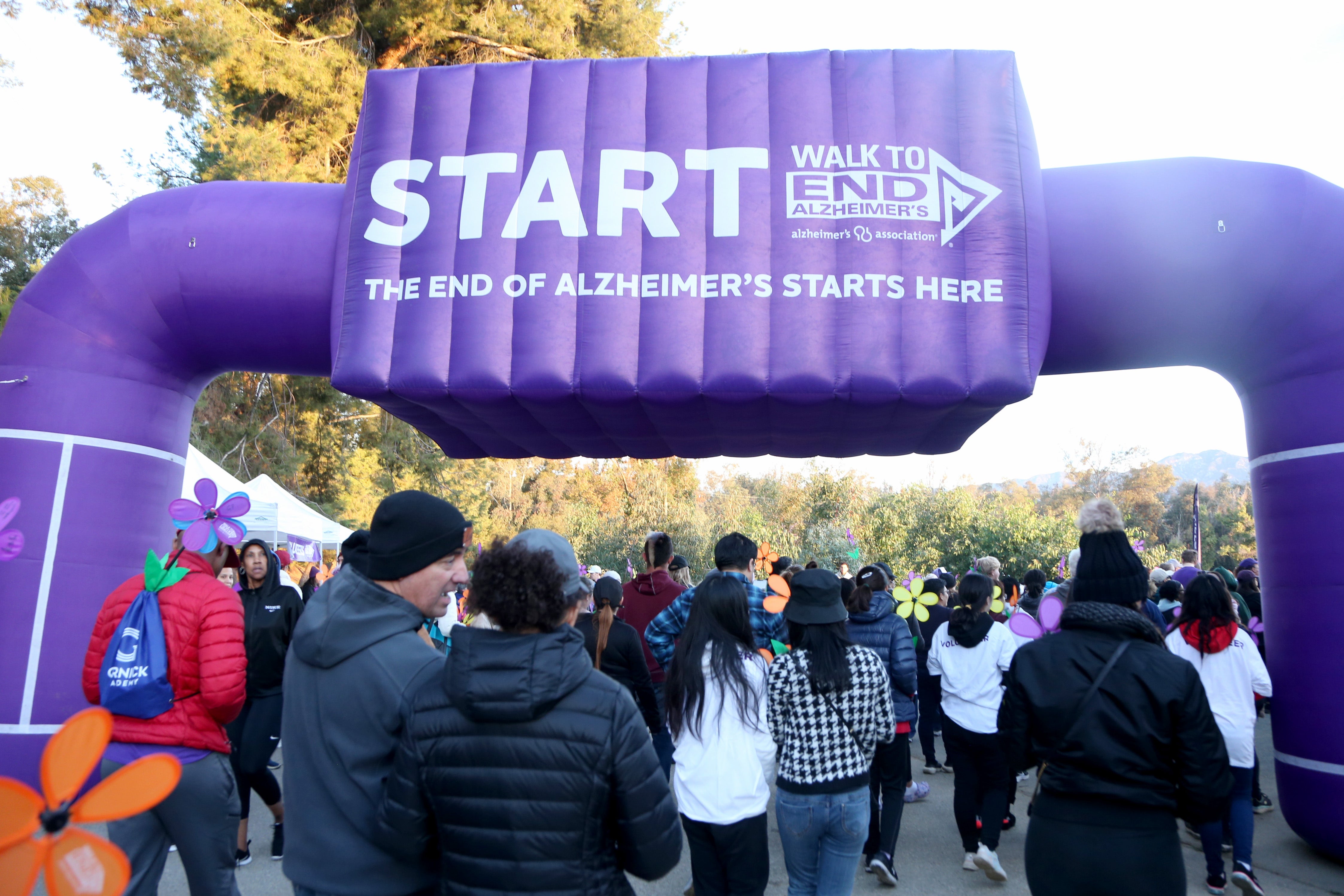Alzheimer’s progression could be slowed by these changes to lifestyle

New research has highlighted how lifestyle can potentially delay the onset of Alzheimer’s disease.
The most common form of dementia, Alzheimer’s impacts nearly 7 million Americans – and that number is projected to nearly double in the next 25 years. The neurodegenerative disease results in memory loss and the decline of other cognitive abilities.
On Monday, two studies being presented at the Alzheimer’s Association annual meeting have underlined the benefits of diet and exercise. One study shows that walking in particular helps to keep minds sharp by producing a protein called brain-derived neurotrophic factor, or BDNF.
“BDNF is like fertilizer for your brain that is naturally produced, especially when you are being physically active, such as when you are walking,” Cindy Barha, an assistant professor of neuroscience at the University of Calgary, told NBC News. “It helps brain cells survive, grow and form stronger connections; this supports memory, learning and mood, especially in the hippocampus, which is the brain’s memory center.”
Walking has frequently been linked to lowering dementia risk, and those who walk more slowly could be showing early signs of the condition.

One study involved 3,000 adults and found that those with a gene variant called APOE4 showed steeper declines in their cognitive abilities.
Everyone is born with the APOE gene, which plays a critical role in metabolism and brain function. A genetic test can reveal which variant you have, including one that reduces the risk of Alzheimer’s and one that doesn’t seem to affect the risk.
APOE4, which is present in as many as 15 percent of people, increases the risk of Alzheimer’s disease. Walking appeared to have the strongest protective effect on individuals with this gene mutation.
The second study also found that people with the APOE4 variant could benefit more from lifestyle modifications. The 2,500-person study, which included more than 700 APOE4 carriers, had people exercise, undergo dietary counseling, and complete brain tests.
Jenni Lehtisalo, from the Finnish Institute for Health and Welfare, told NBC News that there was about a four times greater benefit for those positive for APOE4.

It’s unclear exactly why these interventions are so effective for people with APOE4 or when they might be most effective, but the findings build on previous research showing promise in using exercise as a treatment for carriers, and to reduce dementia risk.
Other studies have promoted a keto-based diet and additional nutritional approaches to benefit the brain health of these patients.
On the other hand, consuming refined sugars and living a more sedentary lifestyle could hurt people with the gene, University of Southern California Alzheimer’s researcher Hussein Yassine told Science.
“Modern day life does not work for certain individuals with APOE4,” he said.
[title_words_as_hashtags



